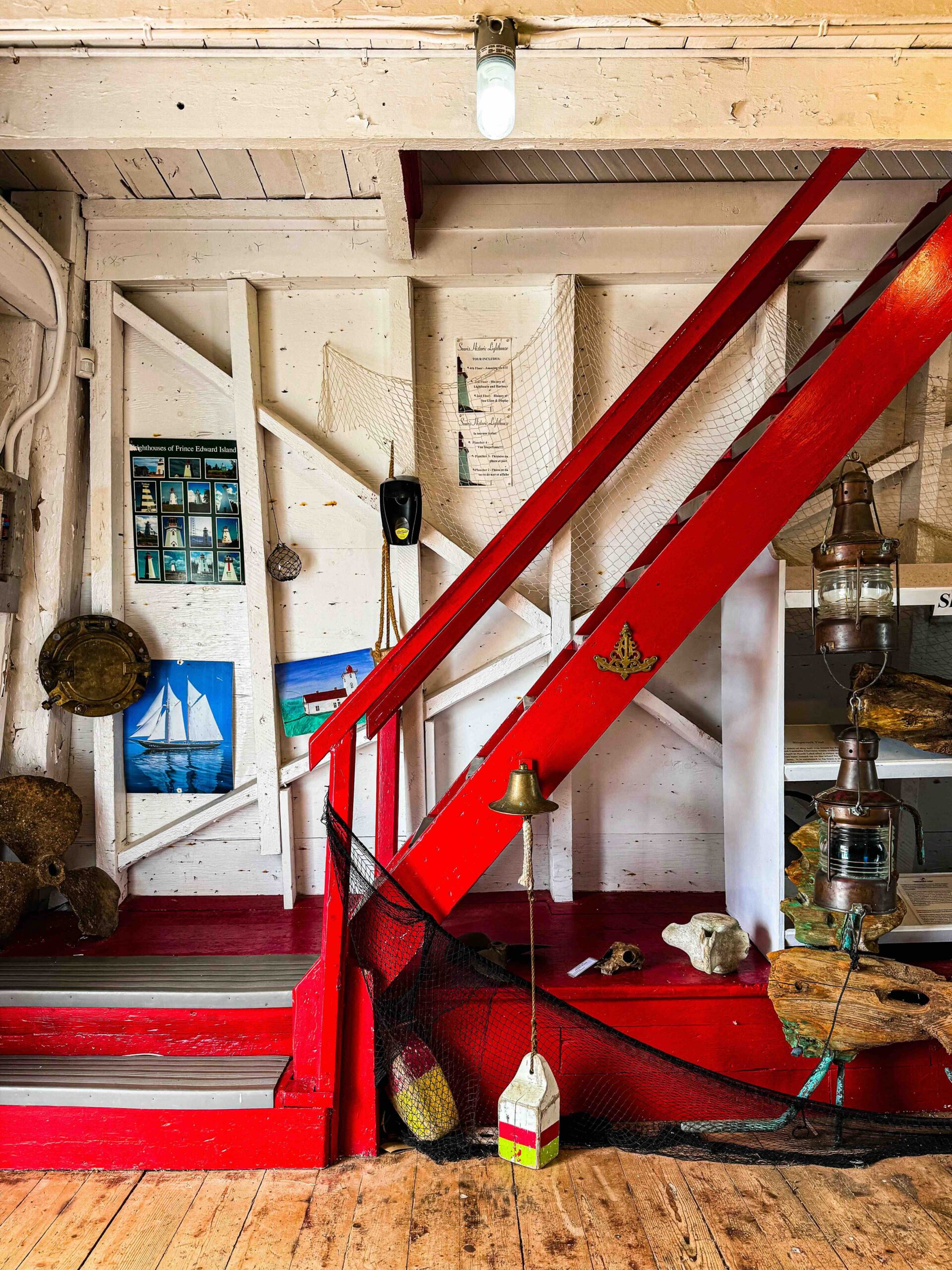

I grew up in the ‘90s and 2000s. The economy was booming, and I was a sheltered student from rural America who watched The Devil Wears Prada once and honestly believed I would be Anna Wintour by age thirty. I mean, if you’re a B+ student and a successful athlete in a town of 4,000 people, you can do anything, right?
Then, the entire economy collapsed.
Fast forward to today. I’ve just turned thirty-one years old. I do not live in New York, nor am I wearing a Chanel suit or black sunglasses. Don’t get me wrong: By no means do I think I would be sitting in Vogue’s corner office had a bunch of bankers not given out bad loans to half the country. But, I do have a great job at a creative agency in Minneapolis. And while a whole lot of privilege and luck got me to my current situation, I also worked hard to land somewhere that allows me to travel, be creative, and swear openly at the office.
Entering the workforce in 2011 presented a set of challenges similar to what many people are facing at this very moment. It’s scary, and probably feels a little hopeless. But while the next few months or years might not be easy, things will get better.
Hopefully, my decade of learning, luck, and missteps can help you find your way in this difficult job market.
1. Stalk people on LinkedIn and ask them to get coffee or set up a call.
I never turn down a coffee, and I know lots of other professionals are happy to help out others in need of work—especially younger people. That doesn’t mean I can give you a job, but I might know someone who is looking.
And don’t just reach out to people with fancy job titles. If there is a company you’re interested in, talk to others around your own age who work there and see how they got into their current role. They can be just as helpful, and younger or more mid-level people are usually a lot more available than people higher up in a company.
2. You might not get “the” job right away.
Very few people get their dream job in the first 5-10 years of their career. This is not a failure. There is a lot of bad advice out there that women should only do what they love, and reject anything that isn’t perfect. While that is a nice sentiment, it’s not realistic for most people who have bills to pay. Take the job, get experience, and work toward your ideal situation.
3. Use social media to your advantage.
I attribute a big chunk of my success to the fact that I was an early adopter of Twitter and used the relationships I made to my advantage. I am not telling you to become an influencer, but things as simple as following people you admire and introducing yourself online can help get you noticed. I started writing based on online connections, and would have never written for Wit & Delight had I not started following Kate on Instagram. I also got my current job through a Twitter connection. It sounds wild, but it can work.
4. Meet new people.
I am not a networking person. I don’t feel comfortable going up and talking to people I don’t know all by myself. But that’s ok—do what works for you! Go to networking events with a friend (when it’s safe to do so again). Join Facebook groups like Freelancing Females, Create & Cultivate, or Binders Full of Women Writers. They are full of women who help each other out, and people often post job listings.
5. Ask someone with a lot of job experience to review your resume.
I see a lot of really bad resumes. And it’s not just typos or lack of experience—little things like format can make a huge difference!
Ask someone with a little experience in hiring to take a look, and you’ll probably get some really great feedback. Here are my most common suggestions:
- Use a template from somewhere like Creative Market. They cost around $12 and can really make you stand out. Plus, they can help with format and what should and should not be included.
- Get rid of your high school stuff. While I’m sure you were a once-in-a-generation basketball player, that doesn’t help me much. I want to see college and up.
- Show me how you problem-solve. The thing that helps young professionals stand out the most is their problem-solving ability. I’m always happy to answer questions, but if you can figure the little things out on your own, that saves me a whole lot of time and shows me you’re ready to be hired.
6. Stay in touch.
Job interview didn’t pan out? Stay in touch. Had a really interesting coffee with someone? Stay in touch. Someone spoke in your college class or at a work event that you thought was cool? Stay in touch. Follow people on social media and LinkedIn and like/engage with their posts (people are vain, trust me!). Also, send your contacts a hello email every once in a while and update them on what you’re up to. I guarantee it will help move your resume to the top of the list next time there is an opening.
For those reading who are currently in college or recently graduated, below are a few specific suggestions I’d offer to you.
7. You’re likely going to have to intern. Probably more than once.
The days of students getting jobs right out of college are basically gone. I did five (5!) internships during and post-college before I landed my first real job at a small PR agency. This is not a system I personally agree with, but it is the current reality in our world. I know low paid internships are not a reality for everyone. So, do what you can. Work experience is work experience even if it’s only 5-10 hours a week. Ask a local business if you can run their social channels on the side, or ask a friend’s mom if you can help out at her law firm. Do what you have to do to fill that resume!
8. Join student groups!
I know this sounds like something your mom might tell you, but believe me when I say student groups in college can offer a direct line to jobs in the form of internships or mentorships. This is something I did not do but wished I would have. My company routinely hires college interns from in-house college advertising agencies, and many of my friends who worked at our college newspaper now work at local news outlets. Student groups that promote diversity and inclusion or offer ways to connect with like-minded students can also be great places to meet alumni and help get a foot in the door when you graduate.
9. Even if you’re not making any money now, that doesn’t mean you won’t make money later.
I work in advertising and have to consistently tell young people that it. gets. better. You’re not going to make a ton for the first few years, but that will change with hard work and more experience. I strongly believe everyone should be paid and paid fairly for their work—so stand up for yourself and negotiate! But in the current economy, negotiating gets tougher. Put the time in and prove yourself. And as soon as you’ve done that, things will only get better from there.
BY Maggie LaMaack - June 12, 2020
Most-read posts:
Did you know W&D now has a resource library of Printable Art, Templates, Freebies, and more?
take me there
Get Our Best W&D Resources
for designing a life well-lived




Thank you for being here. For being open to enjoying life’s simple pleasures and looking inward to understand yourself, your neighbors, and your fellow humans! I’m looking forward to chatting with you.
Hi, I'm Kate. Welcome to my happy place.

















I love to read your “grown up” writing. I am slowly throwing things out from many of my classes and I just bet there has to be an essay or two written by a young Maggie! If I run into them, I will send them off to you…might be fun to see where your writing has taken you!